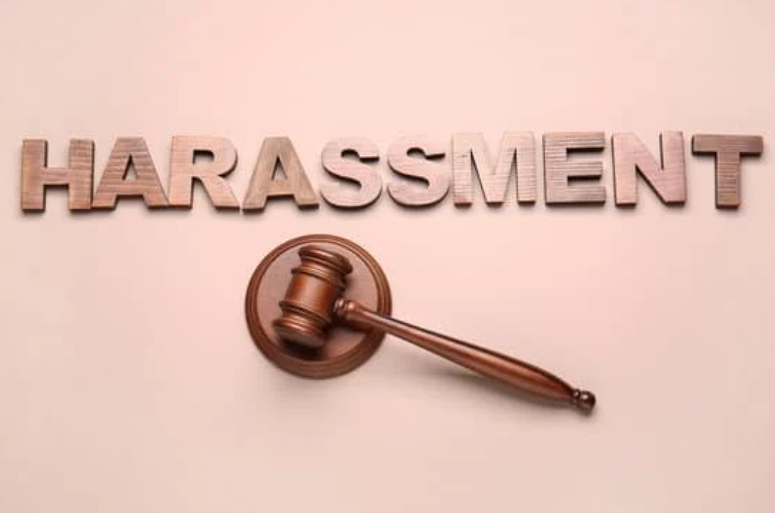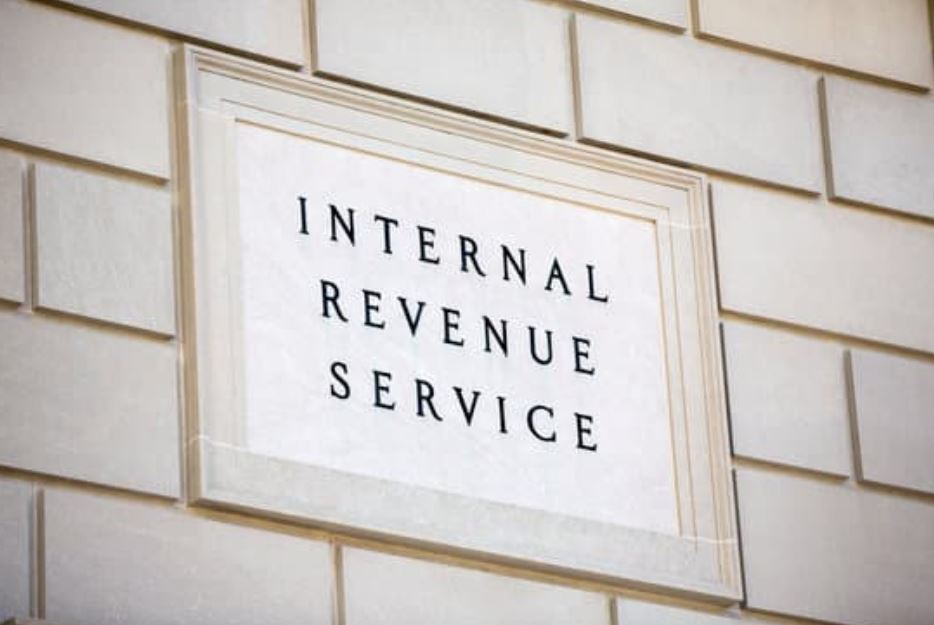What is Earned Wage Access?
Earned Wage Access (EWA) is an employee benefit that allows workers to get a portion of their paycheck before payday. It can be helpful, but there are drawbacks.
On the surface, earned wage access is a simple, effective employee benefit; for a small fee — typically less than $5.00 per transaction — employees can access a portion of their paycheck before their actual payday. Many workers have minimal savings in the event of an emergency, and EWA can be a far less expensive alternative to high-interest payday loans.
Companies that want to offer EWA partner with providers that specialize in this service. Financial advice site NerdWallet has compiled a list of such providers, but employers should do their own research, as provisions can change over time.
Watch out for legal issues
In a sense, EWA operates in a regulatory gray area. Some may argue it's not technically credit, as there is no interest involved. EWA is not an advance either, as it only provides money an employee has already earned, just not yet been paid for. Also, EWA does not involve assessing the creditworthiness of any participating employee.
Still, lawyers are advising that various regulations on creditors and wage deductions may apply, depending on the state and a particular situation. An EWA provider must be careful not to advance any money already subject to deductions, or it becomes a creditor. Indeed, some lawyers have noted that in the event a partial payroll payment goes awry, an EWA provider cannot retain a legal claim against the worker, beyond simply refusing to do business with them going forward. Also, some states may regulate the fees an EWA provider will charge.
States are stepping in
So far, no state has specifically banned EWA, but only a few have stepped in and formally regulated it. In May 2024, PayrollOrg noted that four states have so far passed EWA laws. Kansas, the most recent, clarified that EWA services are not loans, but according to PayrollOrg, "Providers are required to provide all payments on a non-recourse basis and must treat all fees as non-recourse payment obligations."
Nevada, Missouri and Wisconsin are the other three states. All the laws are different, but generally require transparency on fees and a mechanism for communicating with employees.
Consider the popularity
Worried about the regulatory confusion, employers may be unwilling to offer an EWA program right now, but studies tell an important story. Some studies reveal that 78% of Gen Z and millennial employees say the EWA would increase their company loyalty.
So should you offer EWA to your employees? It's certainly worth considering. Talk to payroll and accounting experts to see what the rules are in your area, and to get connected to an EWA provider. If you do proceed, go with a provider you can trust. At the end of the day, you may find this to be a popular benefit that sets you apart when it comes to recruitment and retention.



.png)



Reply a Comment